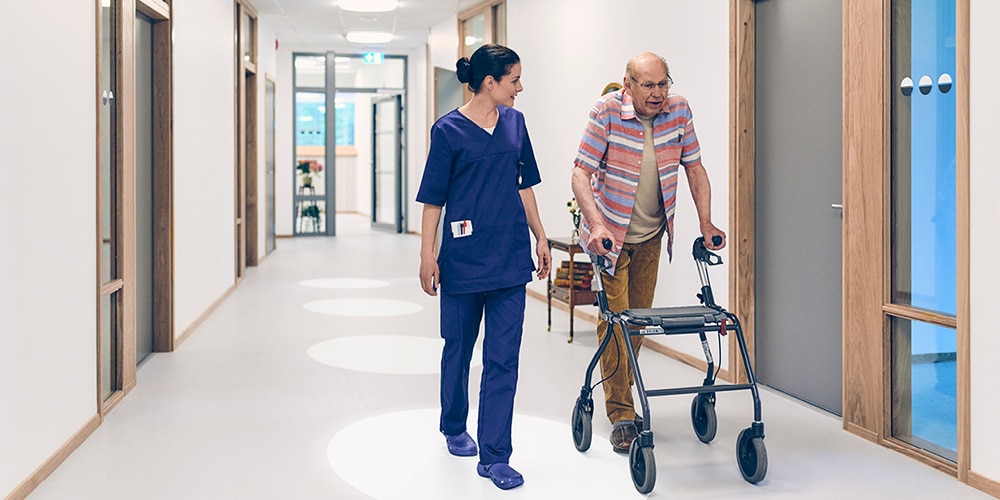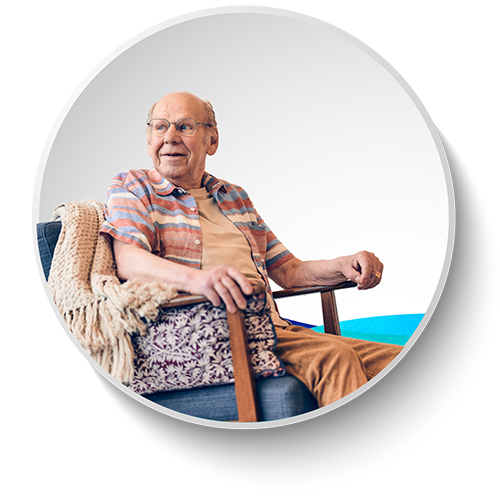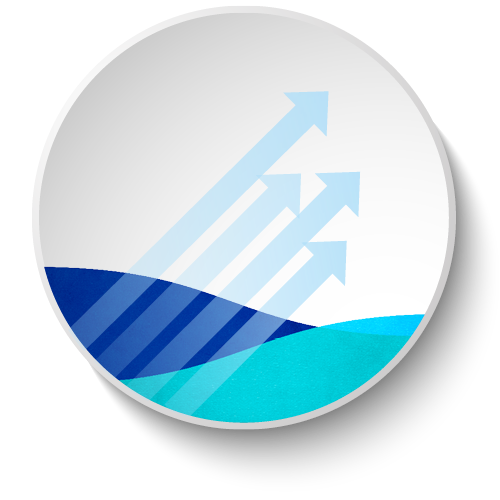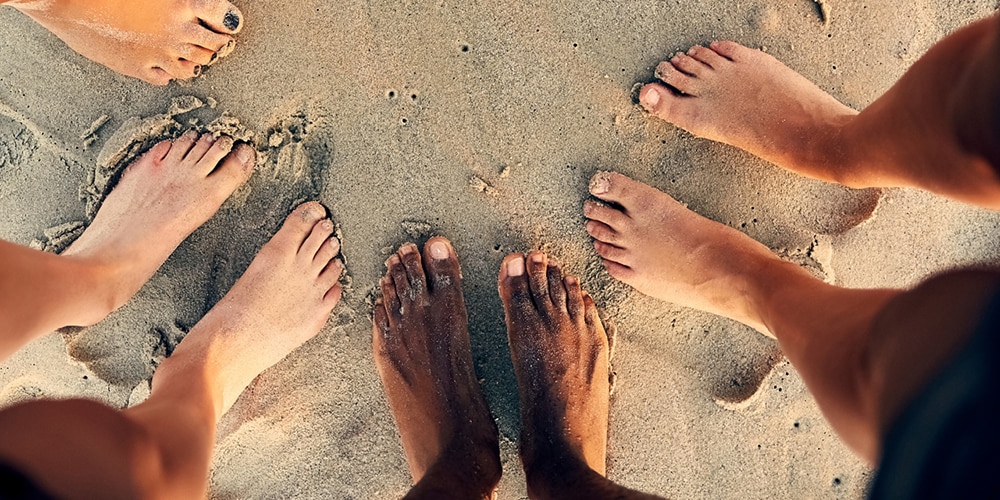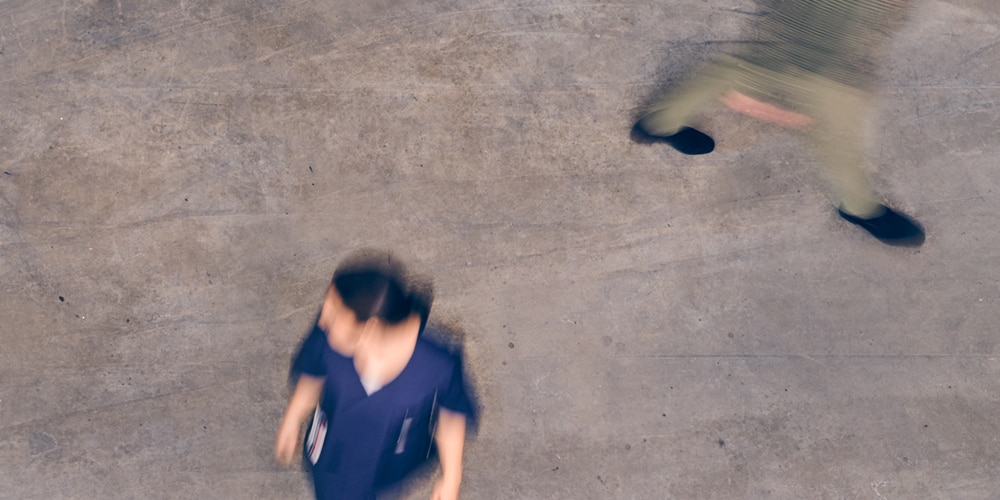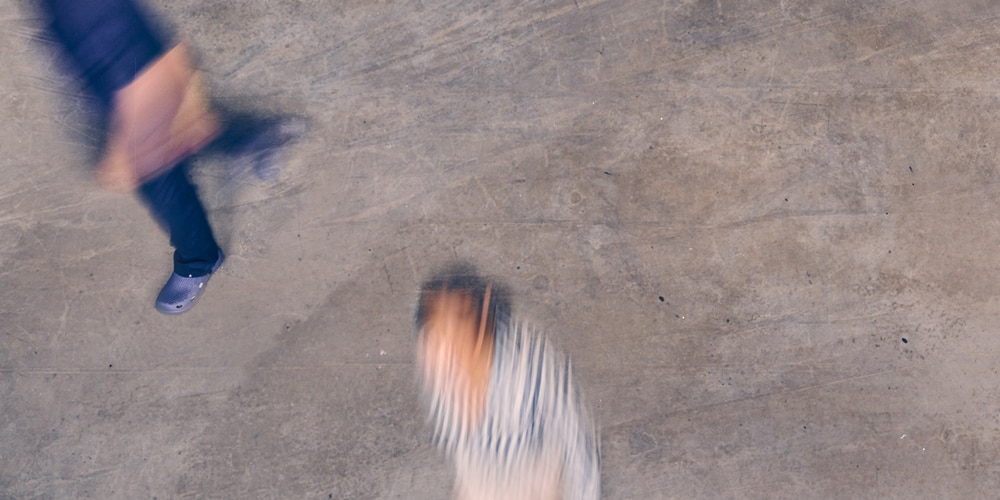TENA has created a unique assortment of products, digital solutions, tools, training and support – all designed to optimize your care pathway and further enhance person-centred care. This combination of our assortment and a person-centred care approach will deliver the greatest value for your residents, your staff, your nursing home and the environment. This is new TENA Solutions.
Interested in new TENA Solutions?
Contact us to find out more or to book a meeting


